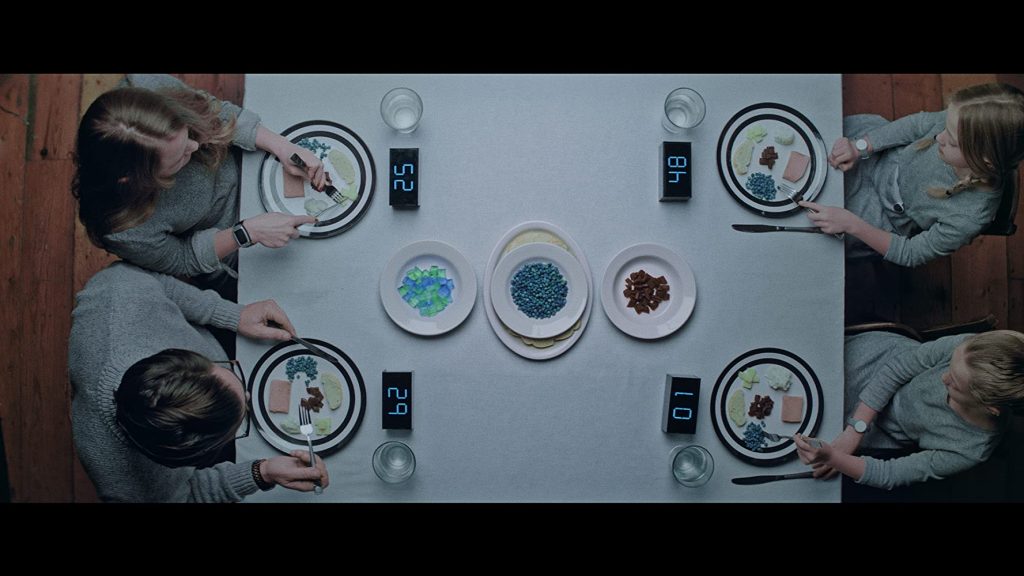
Discussion: The data-gathering capacity of wearable devices, including smartphones, combined with cloud-based analytics, has proven itself in clinical health applications (e.g. cardiac recovery) and for personal improvement (e.g. FitBit devices). Data can extend beyond health indicators such as movement, pulse, etc., to behaviours, attention, sociability, etc. The two-fold benefit of such Quantified Self concepts is that the data can generate live and long-duration ‘mirrors’ (where the wearer is offered actionable intelligence about themselves) and ‘portraits’ (where actionable intelligence is available to helping professionals, such as physicians or teachers).
523 Inspiration: What is the future for ‘quantified learners’? For example, poor diet and lack of sleep limit learning ability, so what range, combinations and dashboards of self-measurement feedback could help us become better learners? Check out the dedicated issue of The Economist.

The Quantified self is a dream for data-centered, logically defined people. The ability to assign a number to the multiple modalities that consists of your ‘self’ can lead and design personally research questions.
How can I have more mental clarity? or determining what sleep schedule works best for you, based on your environment. Will become questions anyone can ask, and answer.
The learning then, is not the ‘how’ or even the why – as this can be easily found. The learning is the actions that are necessary to take in order to apply your learning. Its in the application of critically evaluating your quantified self and having the tool-box to apply your learnings.
For me, this truly feels like a frontier because I am filled with a sense of wonder about where we are headed next. In the past couple of years, it has become increasingly clear that wearable devices such as smart glasses and headphones will offer us more and more ways to access and track our most personal data. There is even a rumour that the next AirPods will function as heart rate monitors. Meta’s glasses are becoming more mainstream by the day, and countless “smart” devices are already on the market, such as mattresses and covers that track body temperature and other aspects of sleep. I appreciate the reference to a “mirror” in this discussion, because the issue that emerges is that for companies these are really one-way mirrors. We might purchase these products for their advertised data-monitoring features, but we never truly know what is being collected from the other side of the mirror.